Counseling Programs
Explore Mercer’s counseling programs
Whether you are looking to help people overcome addiction, mental health struggles, physical or mental disabilities, or support students, the College of Professional Advancement will help you build the skills, knowledge, and experience necessary to lead the way.
Mercer University offers CACREP-accredited graduate counseling programs in Georgia that prepare students to enter or advance within the counseling profession. Discover the value of a Mercer counseling degree and explore master’s degree in counseling and doctoral degree options.
Discover Mercer’s counseling programs as Dr. Kristina Henderson describes the unique focus of each program, the various populations counselors serve, and how Mercer prepares students for impactful careers in the counseling profession.
Find your fit with a Mercer counseling degree
What is your goal?

I want to help people with mental health, addiction, and other challenges
Mental health counselors help children, adolescents, and adults deal with a variety of life stresses and challenges including addiction/substance abuse; family or marital problems; and other emotional or behavioral disorders. This master’s degree in counseling leads to eligibility for the Licensed Professional Counselor (LPC) designation in Georgia.

I want to help people with disabilities reach their full potential
Rehabilitation counselors serve as advocates for people with physical, cognitive, or emotional disabilities to help them become self-sufficient and achieve their goals in work and life. This master’s degree in counseling leads to eligibility for the Licensed Professional Counselor (LPC) and national Certified Rehabilitation Counselor (CRC) designations.

I want to assist students of all ages in their personal and educational endeavors
School counselors facilitate academic achievement, personal and social growth, and career development for students of all ages and abilities. This master’s degree in counseling leads to eligibility for the Licensed Professional Counselor (LPC) exam and certification by the Georgia Professional Standards Commission (GaPSC).
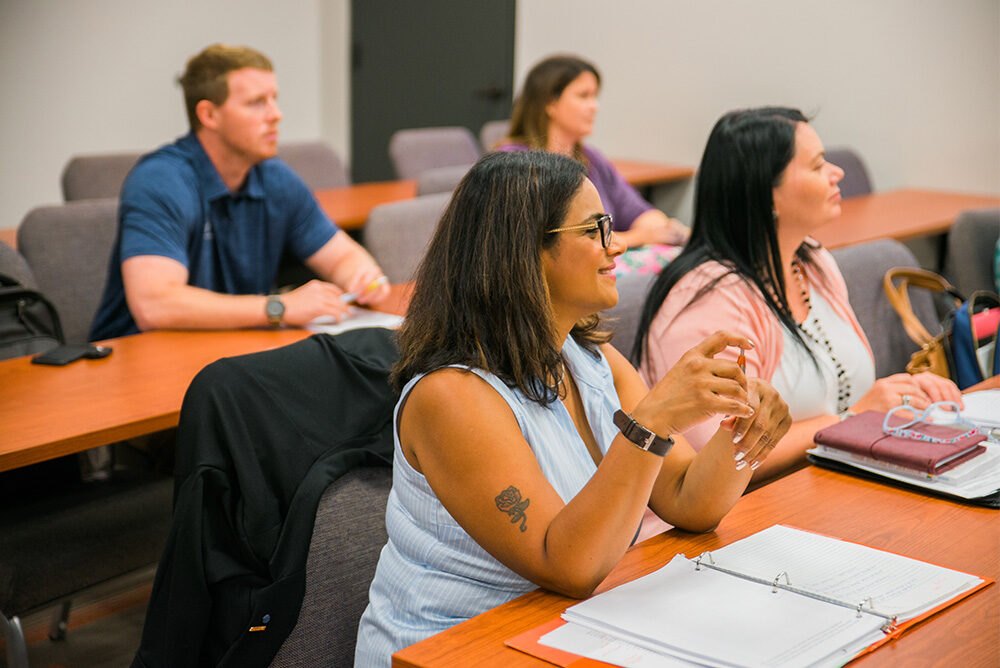
I want to become a leader in the counseling field
For individuals who hold a master’s degree in counseling, grow as a leader in the profession and use your knowledge and experience to teach, mentor, and develop fellow counselors in a variety of advanced professional settings as a counseling educator and supervisor. This doctorate degree in counseling includes relevant internship and field experiences, an immersive one-year residency, and graduate teaching assistantships or graduate research assistantships.
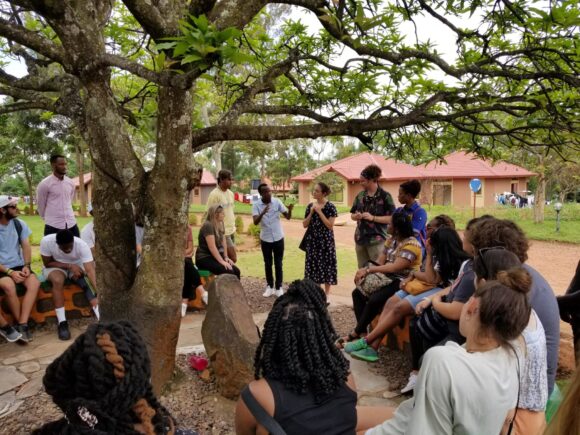
Take your experiences global
Students in counseling programs can choose to apply their counseling studies through service learning and study abroad opportunities. Students have opportunities to travel with faculty to Holland and Paris or to Bali to complete a narrative theory course. Through Mercer On Mission, students travel to Kigali, Rwanda to initiate trauma assessments and facilitate treatments with widows and orphans affected by the 1994 Rwandan genocide.
Combined Degree Options
Extend Your Impact
Meet Our Professors
Our highly-credentialed counseling program faculty prepare students to help others dealing with a variety of emotional, mental, and behavioral challenges in their communities.
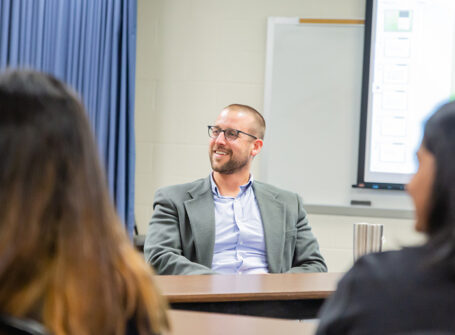
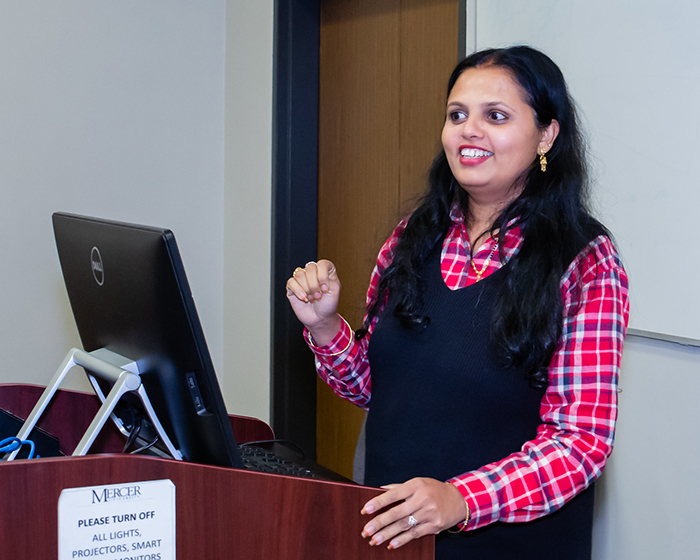
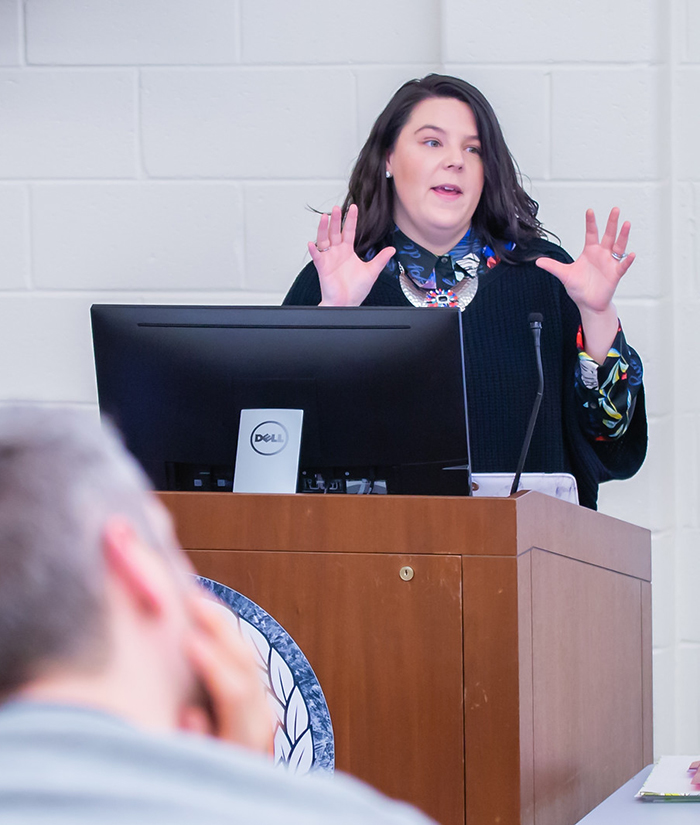
Get to Know Mercer’s Department of Counseling
Mercer University’s Department of Counseling can provide you with the tools you need to establish a counseling career in various professional fields. Discover the value in a counseling degree at Mercer University and explore program outcomes in a variety of our fields.